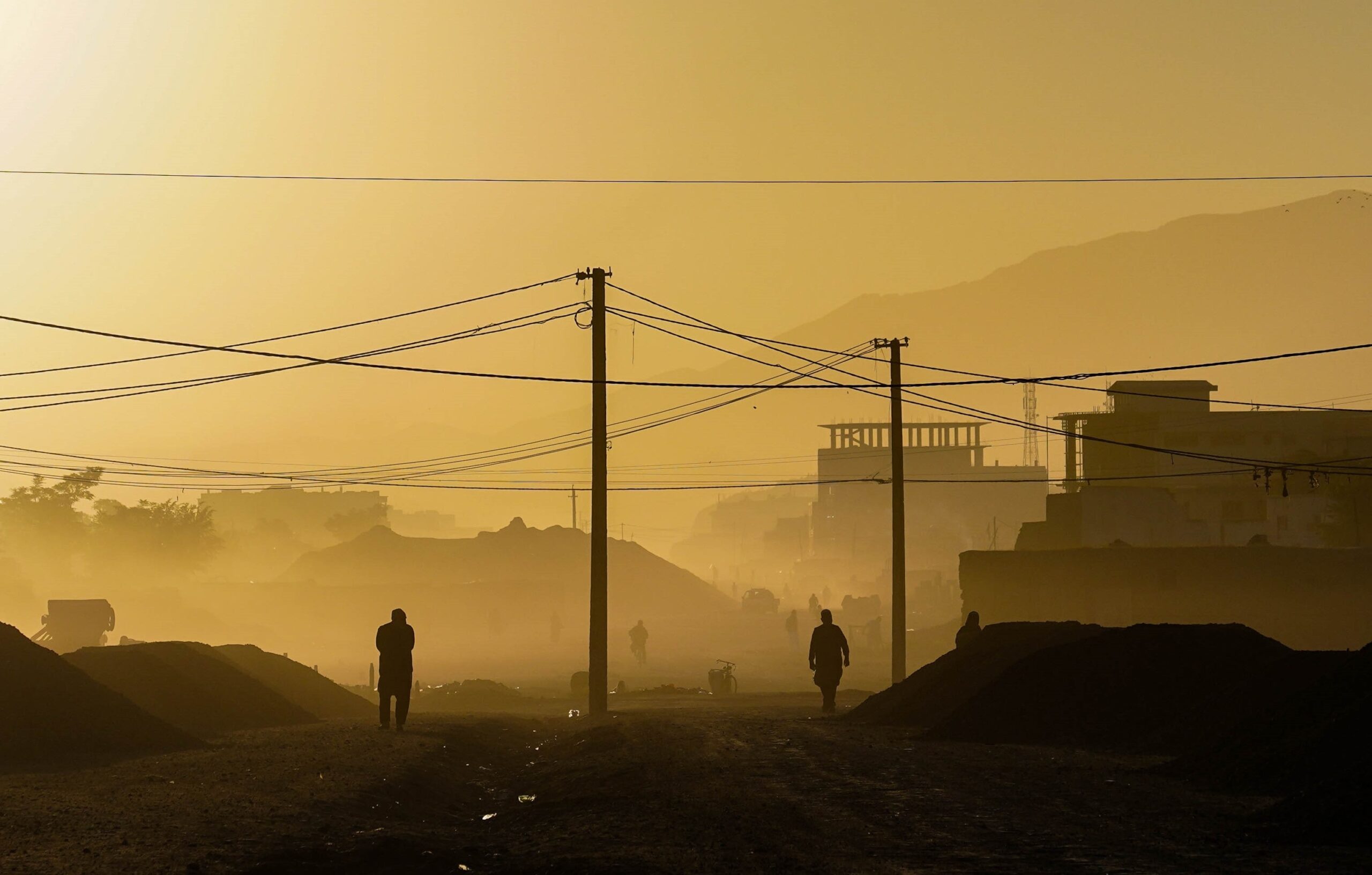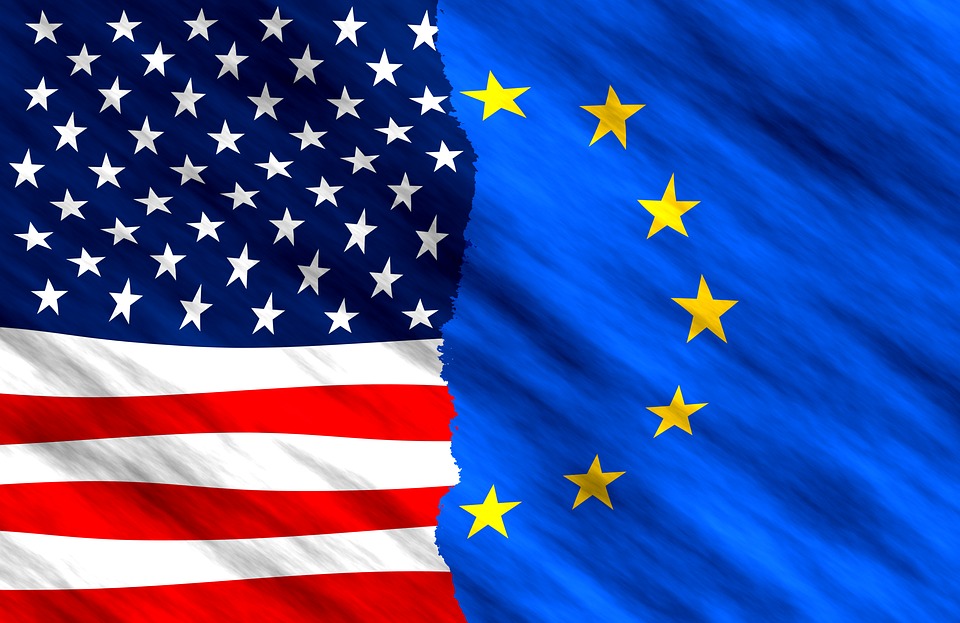Photo by Mohammad Rahmani on Unsplash
Those who ignore history are doomed to repeat it. Nowhere is this more evident than Afghanistan. Also known as the graveyard of empires, this war torn country sits at the crossroads of central and south Asia. Its neighbours include Pakistan, Iran and China and its history is chequered with invasions. Twenty years after US forces invaded Afghanistan in the wake of 9/11, the terrorist threat has just begun with a suicide attack from IS-K. A range of experts at a recent CSIS event agree that Biden’s ill-prepared withdrawal of US forces from the country is a ‘black eye’ for America and the global fight against terrorism.
President Biden has been an advocate of US withdrawal from Afghanistan since the beginning of the Obama administration. His reasoning: a strategic withdrawal from Afghanistan and the Middle East and Africa more generally, will allow the US to focus more effectively on the Indo-Pacific region, including its arch nemesis, China. Sadly, the geopolitical environment of the 21st century is not so simple. As national security expert and Senior Vice President for Asia and Japan Chair, Michael J. Green, points out, ‘I think that this notion that we can turn off one theater of the world completely to have more success in another theater that we think is more important is just wrong’.
A theatre of tragedy is what the world has watched play out in Afghanistan over the last month. Aside from the huge humanitarian costs of US withdrawal and Taliban dominance, is the astonishing speed at which the geopolitical fallout is occurring. ‘The Chinese are chortling’ as Green puts it and US allies in South and East Asia are privately frustrated. A Taliban takeover of Afghanistan significantly complicates India’s security situation too, Green explains. The last time the Taliban ran Afghanistan, India struggled with direct attacks from a range of terrorist groups including Lashkar-e-Taiba. What Green terms the ‘terrorism spillover effect’ of US withdrawal, is a problem for allies but also for the US itself. Ironically it was because of the 9/11 terrorist attacks that US forces entered Afghanistan twenty years ago.
‘The relationship between al-Qaida and the Taliban is stronger than it’s been for years’ – Dr. Seth G. Jones
Yet, in spite of the death of Osama Bin Laden and the apparent ousting of al-Qaida from Afghanistan, Taliban rule in the country is already resulting in a rapid and significant rise in the threat of terrorism. As director of both the International Security Program and the Transnational Threats Project at CSIS, Dr. Seth G. Jones, explains that the Taliban have emptied the jails in Kabul, some of which held ‘some very senior al-Qaida leaders – by our count several thousand’. This has increased the number of foreign fighters in Afghanistan by as much as 50 percent. ‘The relationship between al-Qaida and the Taliban is stronger than it’s been for years’. Biden’s own intelligence experts are warning of a surge in terrorist activity in the area including from Islamic State.
In order to end what Biden and others have termed this ‘forever war’, an over-the-horizon approach involving MQ-9 drones and other high level technology will be used to ensure US security without the need for a presence on the ground. Will such an approach really provide the necessary intelligence to effectively prevent another 9/11? As both Jones and Green point out, the decision to withdraw, at speed, was primarily political. From an operational and logistical perspective, the timing and manner of US withdrawal makes little sense.
Pakistan’s role in Taliban victory has been overlooked.
By 2021, the US had only 2500 troops in Afghanistan and no American solider had been killed there in 18 months until the recent suicide bombings at Kabul airport. Green questions why the withdrawal had to be done in the summer, the fighting season, and whether crucial bases like Bagram and all the supporting enablers, technical assistance and contractors needed to be withdrawn post haste. Jones asks whether staying on in this limited capacity might have been done for another couple of years at least.Withdrawal means that the US will have no military bases in central Asia nor in Pakistan.
Pakistan’s role in the rise of the Taliban in Afghanistan is seldom mentioned in this tragedy. Green describes Pakistan as ‘both an enabler of the Taliban and extremism, and a victim at the same time.’ While Jones ascribes the Taliban’s unexpectedly speedy take-over of the country to long years of state support from Pakistan. The Taliban’s command-and-control structure has been based in Pakistan. With Taliban victory in Afghanistan, Green predicts further empowerment of the Pakistan Taliban sympathisers within the Pakistani political context. This will require more, rather than less involvement from the US in the future. ‘It’s going to be a subtle and very difficult game for us.’
‘China is throwing everything but the kitchen sink at us’ – Michael J. Green.
Leaked intelligence reports also highlight assistance from both the Russian and Iranian military to the Taliban. Unsurprisingly, both Russia and Iran are taking this opportunity to strengthen and extend their own power and influence in the region. China too, although against a Taliban-led Afghanistan, is taking the chance to throw dispersions on America’s reliability as an ally and its commitment to democracy and human rights. As Green puts it, China is ‘throwing everything but the kitchen sink at us’.
But more important, is the feeling for many Americans that after twenty years in Afghanistan, thousands of American lives and billions of dollars later, the Taliban are once more in control. ‘It feels like an awfully familiar place to be in, September 11th, 2021’ admits Jones. Green agrees he too is worried that the US might be forced to return to Afghanistan. But looks to a 240 year history of American strategy in Asia and recalls Churchill’s comment: ‘you can count on the Americans to do everything wrong before they do it right’, to make a strategic recovery. The people of Afghanistan might not be so lucky.


